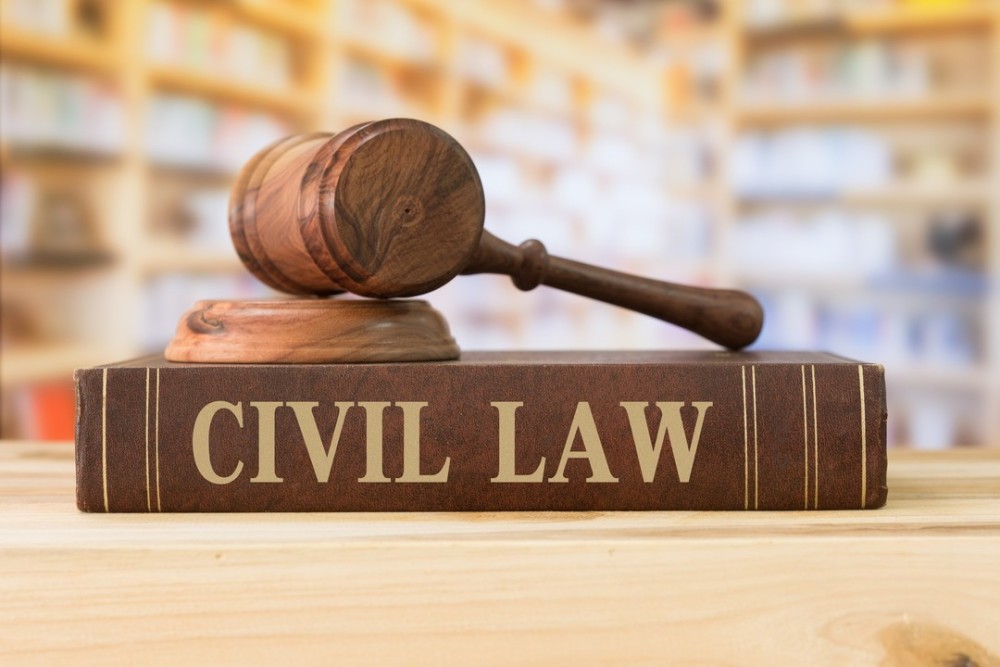
Civil cases are legal disputes between individuals, organizations, or entities, where one party (the plaintiff) alleges that the other party (the defendant) has caused harm and seeks compensation or some form of remedy. Unlike criminal cases, where the focus is on punishing the defendant for breaking the law, civil cases aim to resolve disputes and provide relief to the injured party.
Personal Injury Cases where one person has been harmed or injured due to the actions or negligence of another. This can include car accidents, medical malpractice, slip and fall accidents, and more.
Contract Disputes Disputes arising from the breach of a contract. This includes situations where one party fails to fulfill the terms of a contract, leading to financial loss or damages.
Property Disputes Cases involving disputes over property ownership, boundaries, easements, or landlord-tenant issues.
Family Law Cases related to family matters such as divorce, child custody, adoption, and child support.
Employment Disputes Cases where employees or former employees sue employers for issues such as wrongful termination, discrimination, harassment, or wage disputes.
Civil Rights Violations Cases involving the violation of an individual's constitutional rights, such as discrimination based on race, gender, or disability.
Filing the Complaint The plaintiff files a complaint with the court, outlining the allegations and the relief sought.
Service of Process The defendant is served with the complaint and a summons, notifying them of the lawsuit and their right to respond.
Answer The defendant responds to the complaint by filing an answer, admitting or denying the allegations and presenting any defenses.
Discovery Both parties gather evidence through methods such as depositions, interrogatories, requests for documents, and more.
Pretrial Motions Either party may file motions to resolve legal issues before trial, such as a motion to dismiss or a motion for summary judgment.
Settlement Parties may choose to settle the case out of court through negotiation, mediation, or arbitration.
Trial If the case goes to trial, both parties present their evidence, call witnesses, and make arguments. A judge or jury then decides the outcome.
Judgment The court issues a judgment, stating the decision and any relief granted to the prevailing party.
Appeal Either party may appeal the judgment if they believe there were errors in the trial or legal process.
In civil cases, the burden of proof is usually lower than in criminal cases. The plaintiff must typically prove their case by a preponderance of the evidence, which means showing that it is more likely than not that the defendant is responsible for the harm alleged.
If the plaintiff prevails in a civil case, they may be awarded various remedies, including:
Just as in criminal cases, having legal representation in civil cases is crucial. A civil attorney can help navigate the complexities of the legal system, gather evidence, negotiate settlements, and advocate for the best possible outcome for their client.
This is a general overview of civil cases. The specifics can vary widely based on the type of case, jurisdiction, and other factors. If you are involved in a civil dispute, it is recommended to consult with an experienced civil attorney for personalized legal advice.
We specialize in services for Intellectual Property rights, Patents, Copyrights, Trademarks and Criminal Case many more fields through our highly trained professional Lawyer in Agra